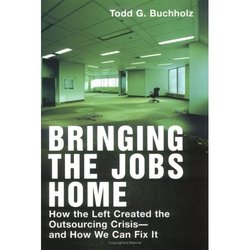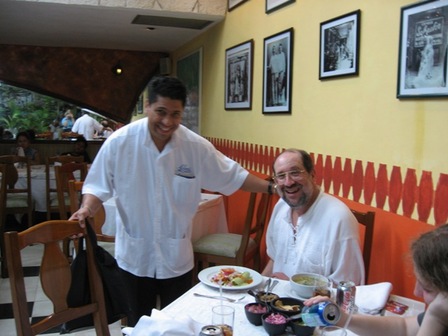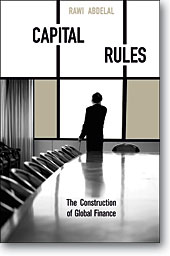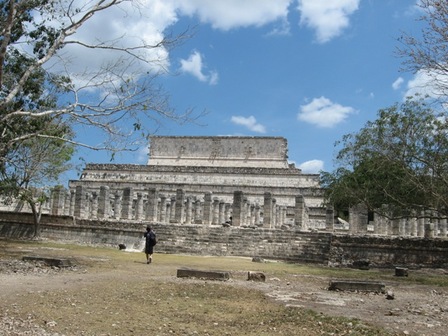(p. C1) The Democrats, besides talking about a broader range of subjects, also have the freshest face among the top campaign advisers — Barack Obama’s lead economist, Austan Goolsbee, a 37-year-old star professor at the University of Chicago (who writes a monthly column for The New York Times). The two men met when Mr. Obama was teaching at the law school there, and they both seem to favor achieving Democratic goals through market-oriented policies. As Mr. Goolsbee has written: “Moral (p. C9) exhortation doesn’t change people’s behavior. Prices do.” Given their respective professions, the two are also more irreverent than you may expect: Mr. Goolsbee was once a member of an improvisational comedy group.
. . .
Both the Clinton and Obama campaigns are now playing catch-up on policy ideas. John Edwards, who’s running third in fund-raising and the early polls, has tried to grab attention by releasing a series of specific proposals. Rather than bringing economists into his campaign, he is relying on a network of former aides from Capitol Hill to help him sort through ideas. (One Edwards proposal — on tax simplification — was originally Mr. Goolsbee’s, in fact.)
For the full commentary, see:
(Note: ellipsis added.)
I have never met Goolsbee, or heard him speak, but I have read a couple of his articles on the economics of the internet, and other subjects, and regularly read his economics articles in the New York Times. He often writes interesting, creative stuff that is fun to read.
I had assumed that Obama was a standard big-government Democrat, although I liked what I read about what he was reported to be saying in Africa. Maybe his economic policies would be more promising than I assumed.
On the other hand, I am convinced that the fight against terrorism is the crucial issue of our time, and I haven’t heard much from Senator Obama on that, besides hopping on the bandwagon of Bush-bashers. What would he constructively do to protect us from the bad guys?




 Source of book graphic:
Source of book graphic: 
